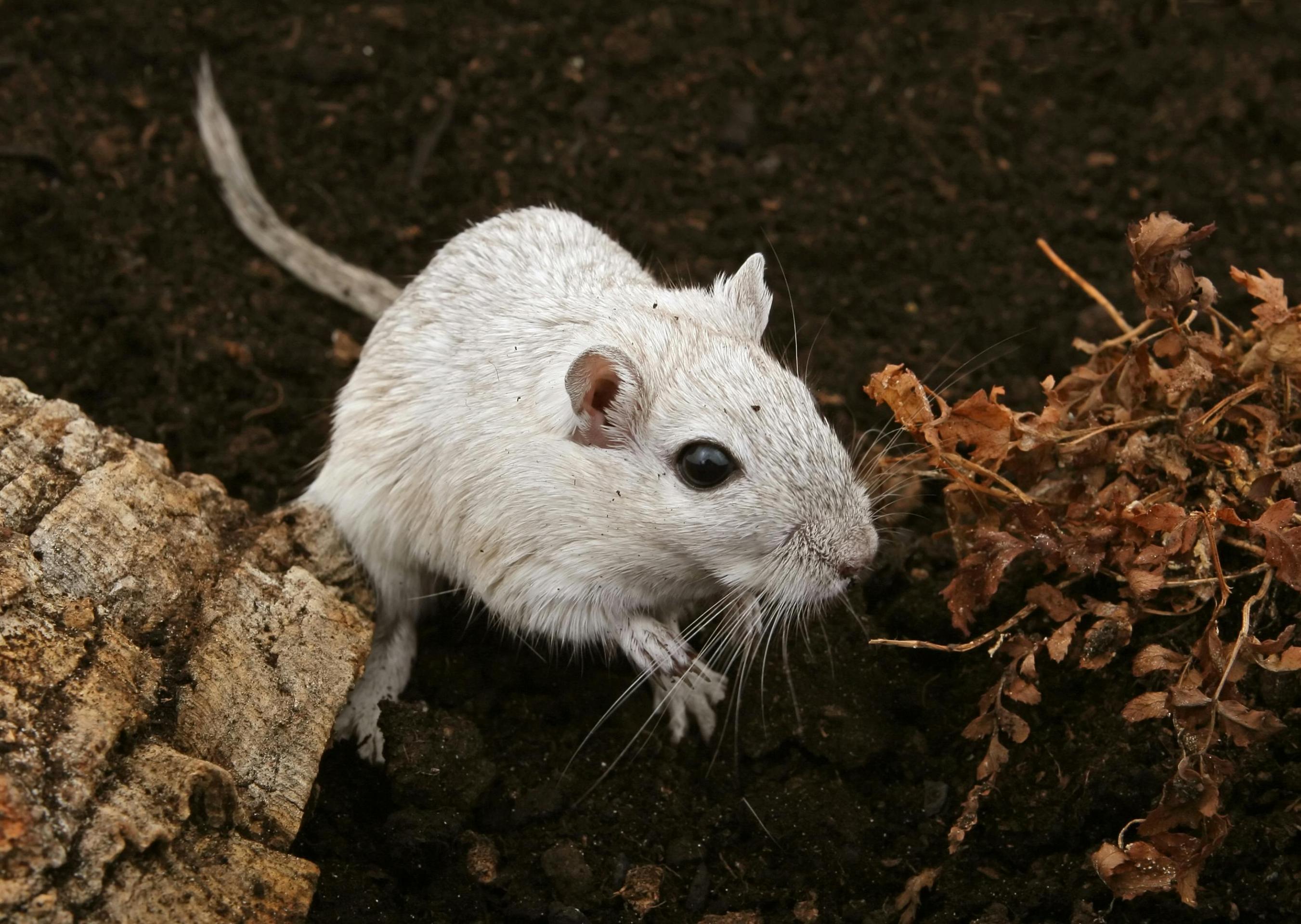Gerbils are charming, active pets that make wonderful companions. With their playful nature and relatively easy-care requirements, they can be a great addition to your family. Here’s a comprehensive care sheet to help you provide the best environment for your gerbils.

1. Housing
Cage Requirements
- Size: Choose a cage that is at least 10 gallons for a pair of gerbils. A larger cage (20 gallons or more) is ideal for space to explore.
- Material: Glass aquariums or sturdy wire cages work well. Ensure the bars are close enough to prevent escape.
- Bedding: Use paper-based bedding, aspen shavings, or coconut fiber. Avoid cedar or pine shavings, which can be harmful.
Accessories
- Hideouts: Provide tunnels, hides, or small boxes for them to burrow and feel secure.
- Exercise Wheel: A solid-surface wheel will allow for safe exercise.
- Chew Toys: Include wooden toys or untreated cardboard to help with dental health.
2. Diet
Food
- Pellets: Offer high-quality gerbil pellets as the main diet.
- Fresh Vegetables: Introduce small amounts of fresh veggies, like carrots or spinach, a few times a week.
- Treats: Occasionally provide seeds, nuts, or small pieces of fruit.
Water
- Fresh Water: Ensure fresh water is available at all times, preferably in a sipper bottle to keep it clean.
3. Social Interaction
Gerbils are social animals and thrive in pairs or small groups. If you choose to keep more than one, introduce them gradually and ensure they are of the same sex to prevent breeding.
4. Environmental Enrichment
Exercise and Play
- Out-of-Cage Time: Supervised time outside the cage allows for exploration. Create a safe play area free from hazards.
- Toys: Rotate toys regularly to keep them engaged and entertained.
5. Cleaning
- Cage Maintenance: Spot clean daily and perform a thorough cleaning every 1-2 weeks. Replace bedding and clean food and water dishes.
- Safe Cleaners: Use mild, non-toxic cleaners to sanitize the cage.
6. Health Care
Regular Check-Ups
Routine veterinary check-ups are important to monitor your gerbil's health. Look for signs of illness, such as lethargy, changes in appetite, or abnormal behavior.
Common Health Issues
- Dental Problems: Gerbils need to chew to keep their teeth healthy. Monitor their chewing habits.
- Respiratory Issues: Dusty bedding can cause respiratory problems. Use low-dust bedding options.
7. Lifespan
Gerbils typically live 2 to 4 years. With proper care, a loving environment, and regular veterinary visits, they can thrive and bring joy to your home for many years.
Caring for gerbils can be a rewarding experience filled with playful antics and companionship. By providing a suitable habitat, a balanced diet, and social interaction, you’ll help ensure your furry friends live happy and healthy lives.
If you have questions and you'd like to reach out to us, you can call us directly at (602) 833-7511, or you can email us at [email protected]. Don't forget to follow us on social media Facebook, Instagram.
